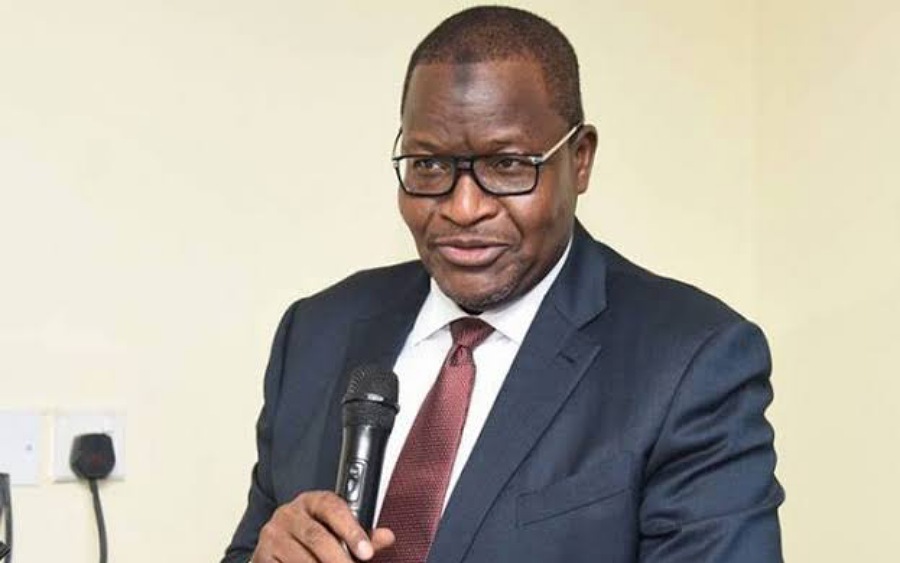The Nigerian Communications Commission (NCC) has said it plans to reduce the use of generators for 54,000 base transmitter stations.
The NCC’s Executive Commissioner for Stakeholder Management, Barrister Adeleke Adewolu, who disclosed this while representing the CEO Prof Umar Garba Danbatta at a recent event, said the telecom regulator is committed to reducing the impact that telecommunications operations have on climate change and the environment.
According to Adewolu, the peculiarities of Nigeria’s electricity supply have made the telecommunications sector, a contributor to carbon emissions. He said:
- “As a Commission, we are committed to reducing the impact of climate change. The telecoms sector contributes to global emissions, particularly when you realize that there are over 54,000 base transmitter stations powered, in some cases 24 hours seven days a week, by generators. You can just imagine the emissions from these.”
The plan: Adewolu said the NCC has introduced a regulatory framework on infrastructure sharing and co-location among telecoms licensees which encourages operators to maximize their already-deployed infrastructure.
According to him, infrastructure sharing will alleviate the need for operators to build new sites where one already exists. He said telecom companies rely on diesel-powered generators to keep their telecom sites running, but a regulatory framework on infrastructure sharing will help in this regard.
NCC’s guideline on this: A set of guidelines on co-location and infrastructure sharing published by the NCC in 2021, shows electric power as one of the infrastructures that are amenable to sharing. According to the guidelines, infrastructure amenable to sharing is those that can be shared without an attendant risk of lessening competition. The guideline states:
The Commission shall encourage and promote the sharing of the following infrastructure;
Passive Infrastructure: Rights of Way, Masts, Poles, Antenna mast and tower structures, Ducts, Trenches, Space in buildings, Electric power (public or private source) and Dark Fiber.
Generators contribute to Nigeria’s CO2 Emissions: A joint report by the International Renewable Energy Agency (IRENA) and the Energy Commission of Nigeria (ECN) point to the fact that the country is the highest importer of generators in Africa.
The report also states that Nigeria is one of the highest generator importers in the world, citing the fact that 86% of Nigerian businesses own generators. This is because of power supply challenges which create the perfect scenario for renewable energy technologies adoption.












